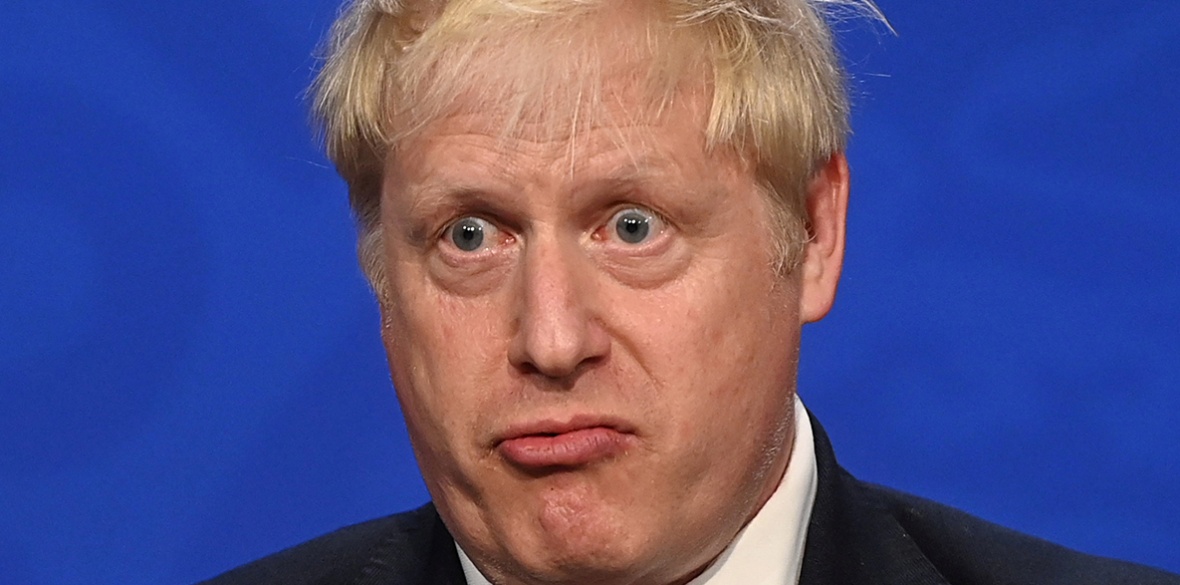BORIS JOHNSON’S national insurance raise to fund social care reforms hits working people in the pocket while ducking most of the big issues facing the sector.
After a few wobbles Labour has managed to oppose the rise in national insurance contributions, a regressive form of taxation which already takes 12p in the pound from earnings above just £9,570 a year (a full £3,000 below the income tax threshold) and, in contrast to progressive income tax, actually reduces on higher earnings (above £50,268).
Even so its front bench have nothing better to suggest. Keir Starmer says the measures are a “sticking plaster over a gaping wound” while shadow health secretary Jonathan Ashworth worries that Johnson, a politician not exactly renowned for his honesty, has “broken his personal promise” to the British people not to raise taxes.
It was left to Labour backbenchers from the Socialist Campaign Group to put actual alternatives that could address the funding crisis affecting the NHS and the urgent need to overhaul the social care sector. The Prime Minister even recognised this, dismissing Richard Burgon’s call for a wealth tax but acknowledging that in proposing a policy it was more than Starmer had managed.
Burgon notes that a 10 per cent wealth tax on assets exceeding £100 million would raise £69 billion — rather more than the £36bn over three years the government hopes to raise with its national insurance hike, to be rebranded a separate “health and social care levy” from 2023.
Right-wing narratives that dominate the press and broadcast media tend to portray wealth taxes as whittling away at a finite resource and therefore economically harmful in the long term, a variation on the old Thatcher saw that “the problem with socialism is that sooner or later you run out of other people’s money.”
The left can calmly refute this nonsense on multiple grounds.
For one, as Burgon points out in today’s Morning Star, the rich have made a killing from Covid, with British billionaires’ wealth growing by an astonishing £290m per day. Taxes on capital gains as proposed by the TUC would not even dent their fortunes.
Secondly, the notion that increases in wealth on the part of the super-rich are beneficial to “the economy” or society generally is utterly wrong.
They squirrel money abroad in tax havens or bank it in property, fuelling an ever more unsustainable rise in the cost of housing and making town and city centres unaffordable for the ordinary people who work in them. Britain’s long wage squeeze and an economy the Organisation for Economic Co-operation and Development says is characterised by “low investment and slow innovation” give the lie to the idea that this wealth is put to any useful purpose.
And ultimately of course the Thatcher quip rests on the belief that the wealthy have somehow earned their colossal fortunes. In our rentier economy, with monopolistic profiteers sucking the worth from transport or utilities infrastructure they did not build and do not properly maintain, asset-stripping institutions and de-skilling workforces, this is less true than it ever was. The rich do not add value in Britain. They only take it.
We should have no shame in stating openly that the rich have too much money and they need to be cut down to size.
Doing so would, as Labour’s Jon Trickett points out, enable us to fund a proper solution to the social care crisis — a national care service modelled on the NHS, as proposed by Labour when it was better led, rather than a levy hitting the poorest hardest to provide a public subsidy for a privatised care sector where carers work long hours for poverty wages to make profits for shareholders.











